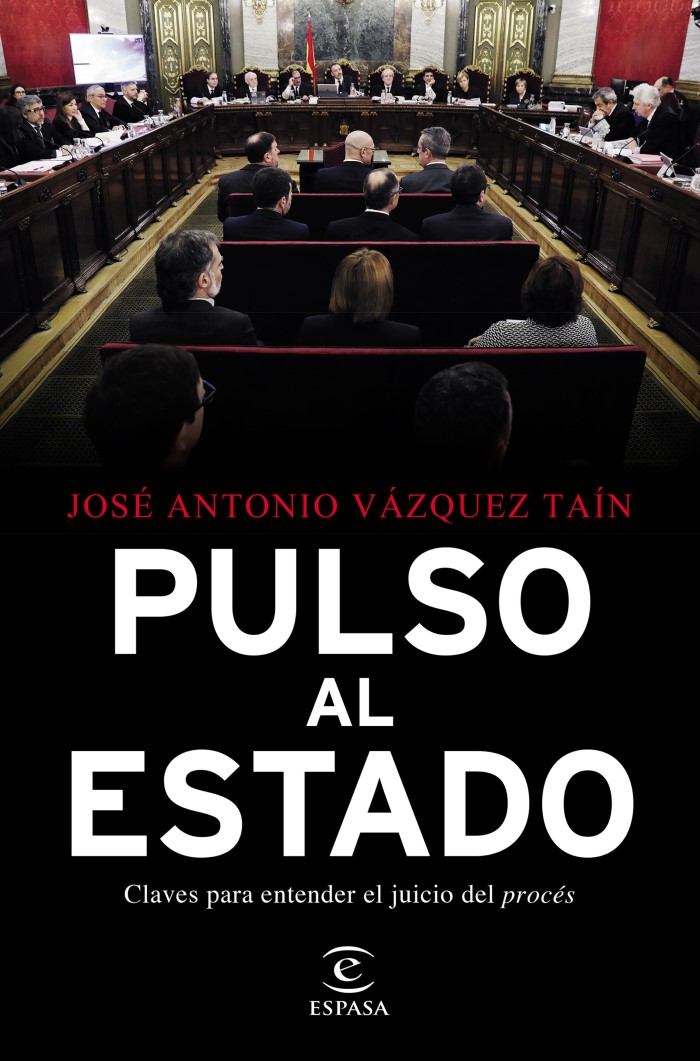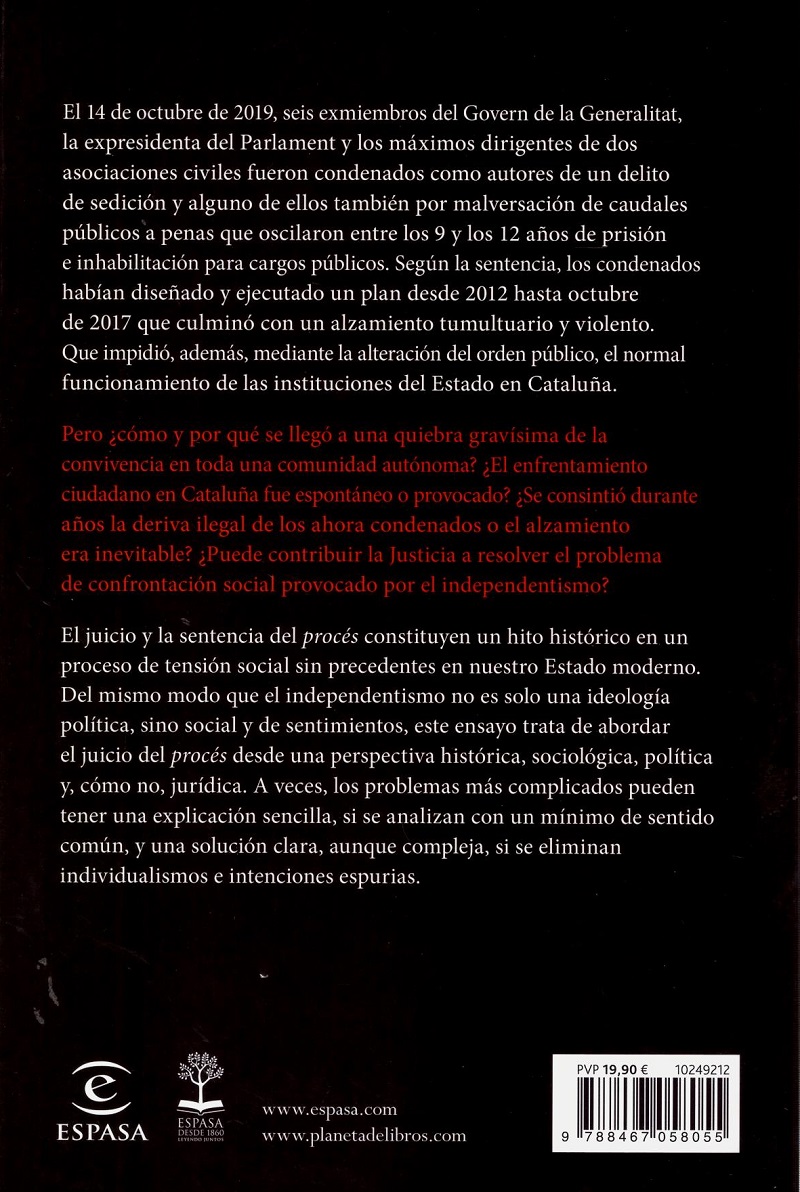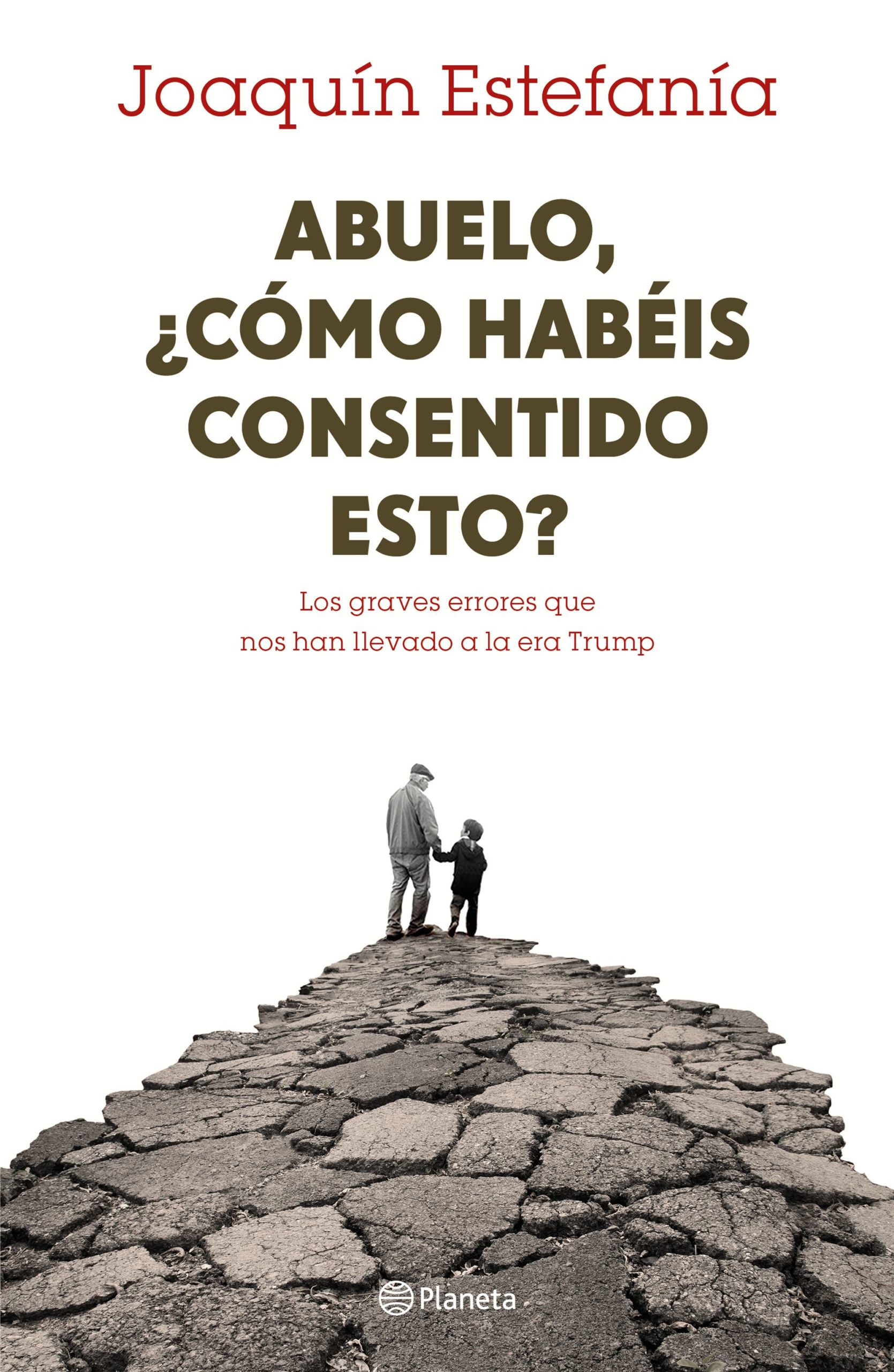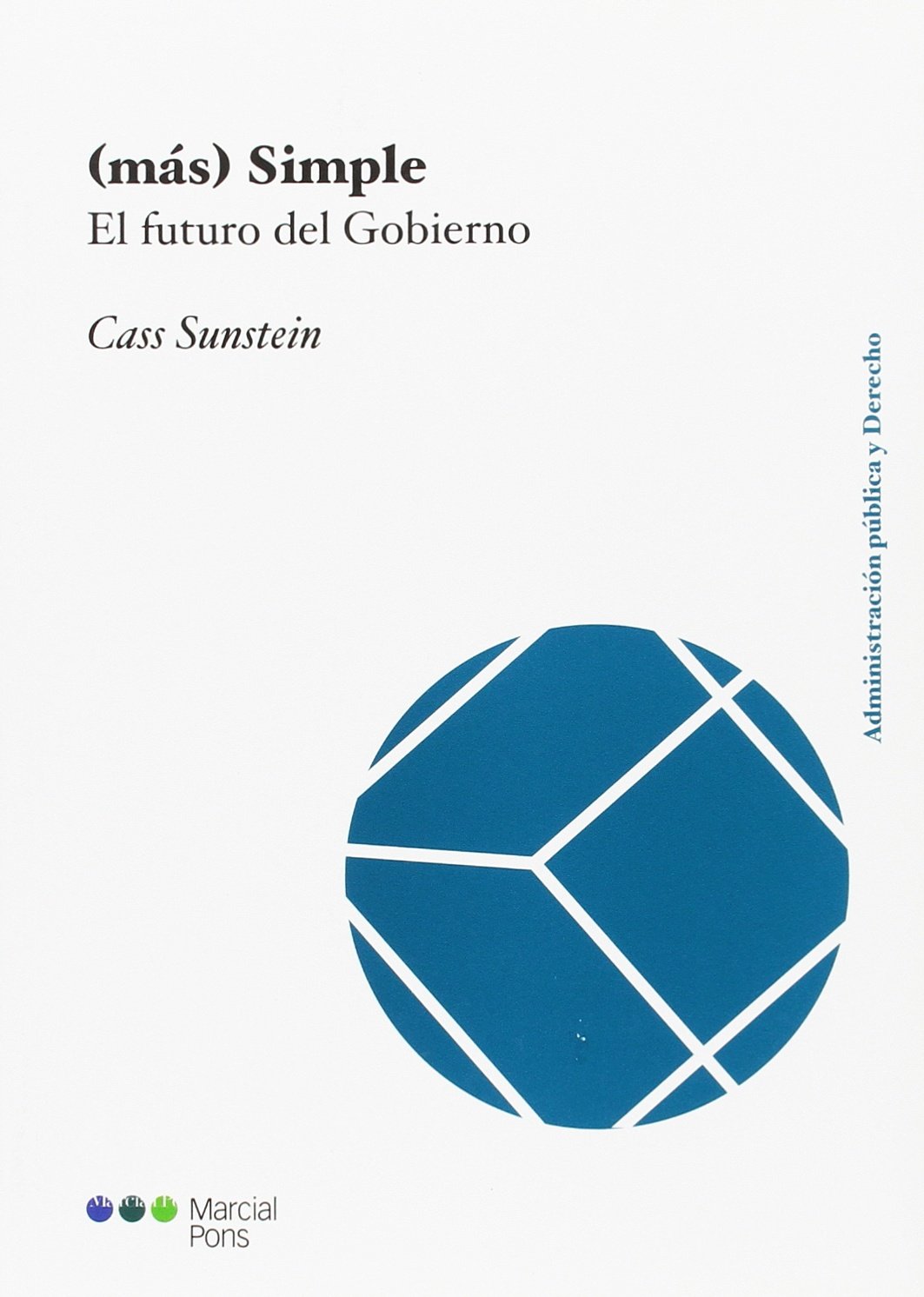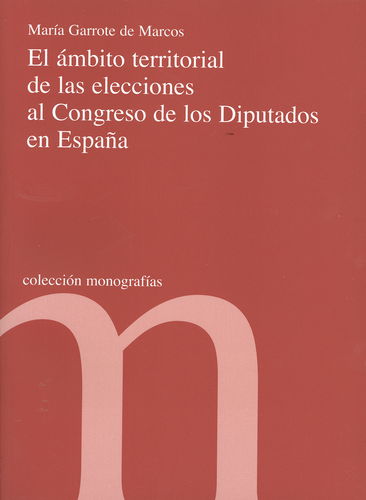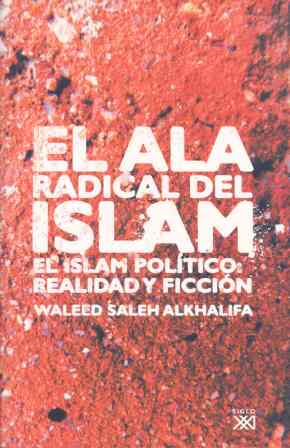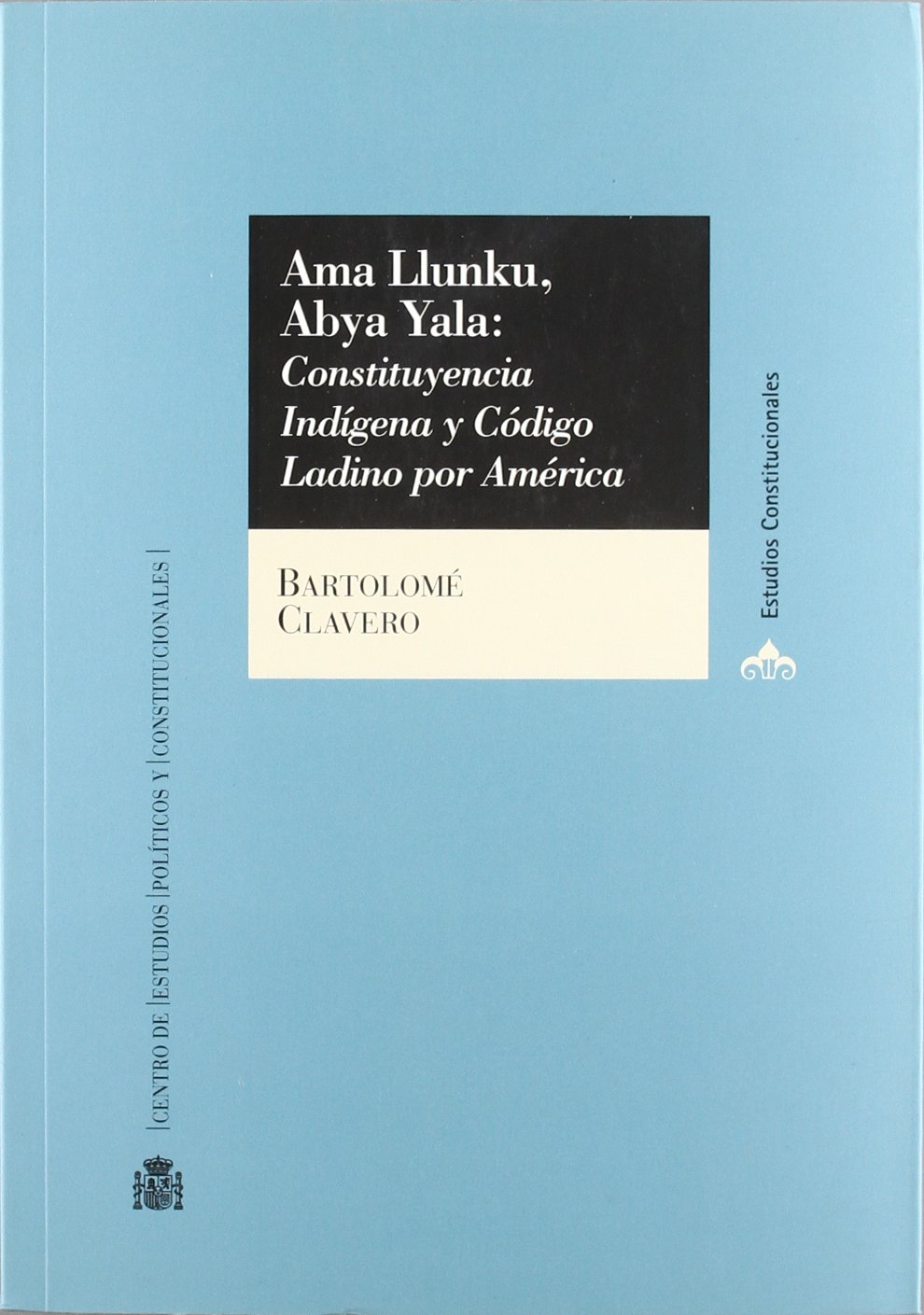El 14 de octubre de 2019, seis exmiembros del Govern de la Generalitat, la expresidenta del Parlament y los máximos dirigentes de dos asociaciones civiles fueron condenados como autores de un delito de sedición, y alguno de ellos también por malversación de caudales públicos, a penas que oscilan entre los 9 y los 12 años de prisión e inhabilitación para cargos públicos. Según la sentencia, los condenados habían diseñado y ejecutado un plan desde 2012 hasta octubre de 2017 que culminó con un alzamiento tumultuario y violento que impidió, mediante la alteración del orden público, el normal funcionamiento de las instituciones del Estado en Cataluña. Este ensayo trata de abordar el juicio del procés desde una perspectiva histórica, sociológica, política y, cómo no, jurídica.
Pulso al Estado. Claves para entender el juicio del procés
ISBN: 9788467058055
El precio original era: 19,90€.19,90€El precio actual es: 19,90€. 18,90€ IVA incluido
Hay existencias (puede reservarse)
| Fecha de edición | 26/11/2019 |
|---|---|
| Número de Edición |
1ª |
| Idioma | |
| Formato | |
| Páginas |
256 |
| Lugar de edición |
Madrid |
| Encuadernación |
Part I: Publicness and the Public Sphere in the Internet Age
1. Publicness–Privateness: The Liquefaction of «The Great Dichotomy» Slavko Splichal
2. Debunking Deference: The Delusions of Unmediated Reality in the Contemporary Public Sphere Laurence Kaufmann
3. Media, Knowledge and Trust: The Deepening Epistemic Crisis of Democracy Peter Dahlgren
4. Fake Democracy: The Limits of Public Sphere Theory Natalie Fenton
5. Visibility and the Public Sphere: A Normative Conceptualisation Lincoln Dahlberg
6. Refeudalisation Revisited: The Destruction of Deliberative Democracy Graham Murdock
7. Standpoint, Mediation and the Working-Class Public Sphere Dana L. Cloud
8. Dissonant and Disconnected Public Spheres as Challenge for Political Communication Research Barbara Pfetsch
9. A Youth-Driven Virtual Civic Public Sphere for the Arab World Mohammad Ayish
10. Family Feud: Who’s Still Fighting about Dewey and Lippmann? Lana F. Rakow
Part II: Democracy and the Crisis of Public Communication
11. The Crisis of Public Communication, 1995–2017 Jay G. Blumler
12. Democracy and the Internet: A Retrospective Charles Ess
13. Post-Globalisation Terry Flew
14. Modern Political Communication and Web 2.0 in Representative Democracies Petros Iosifidis and Mark Wheeler
15. Revisiting Digital News Audiences with a Political Magnifying Glass Josiane Jouët
16. Translation as Politics Barbara Cassin
17. The Alt-Right as a Community of Discourse Philippe-Joseph Salazar
18. Post-Communism, Democratisation and the Media: (Nearly) Thirty Years On Colin Sparks
19. Putin’s Slangy Newspeak as a Paradox of His Public Communication Tatiana Weiser
20. Digital Media, Contentious Politics and Party Systems in Italy and Spain Víctor Sampedro and Lorenzo Mosca
21. The Detached Observer: On a Necessary Change to the Self-Image of Journalists in the Digital World Horst Pöttker
Part III: Communication and Media Research in Scientific and Social Practice
22. The Double Hermeneutics of Communication Research Klaus Bruhn Jensen
23. Fast-Capitalist Veils from Communication Theory for «The Public» and Its «Discourse» Ed McLuskie
24. Reframing the Paradox of Pluralism as a Communication Problem Robert T. Craig
25. New Technologies, Old Questions: The Enduring Issues of Communications Research Peter Golding
26. A Critical Perspective on the Post-Internet World Vincent Mosco
27. Communication Research: Resignation or Optimism? Cees Hamelink
28. On Human Communication Hamid Mowlana
29. Studying Political Economies of Communication in the Twenty-First Century Janet Wasko
30. Expanding the Epistemological Horizon: Institutionalised Visual Knowledge and Human Rights Sandra Ristovska
31. Researching Fake News: A Selective Examination of Empirical Studies Nicholas W. Jankowski
32. Gendering Media Policy Research and Communication Governance Claudia Padovani
José Antonio Vázquez Taín es uno de los jueces españoles más populares, conocido por su cercanía, humildad y capacidad de trabajo. En su primer destino, Villagarcía de Arousa, obtuvo extraordinarios resultados en su lucha contra el narcotráfico. Posteriormente se ocupó de la instrucción de asuntos de enorme repercusión, entre otros, el robo y la posterior recuperación del Códice Calixtino y el asesinato de Asunta Basterra. Actualmente ejerce, como juez de lo Penal, en A Coruña.

